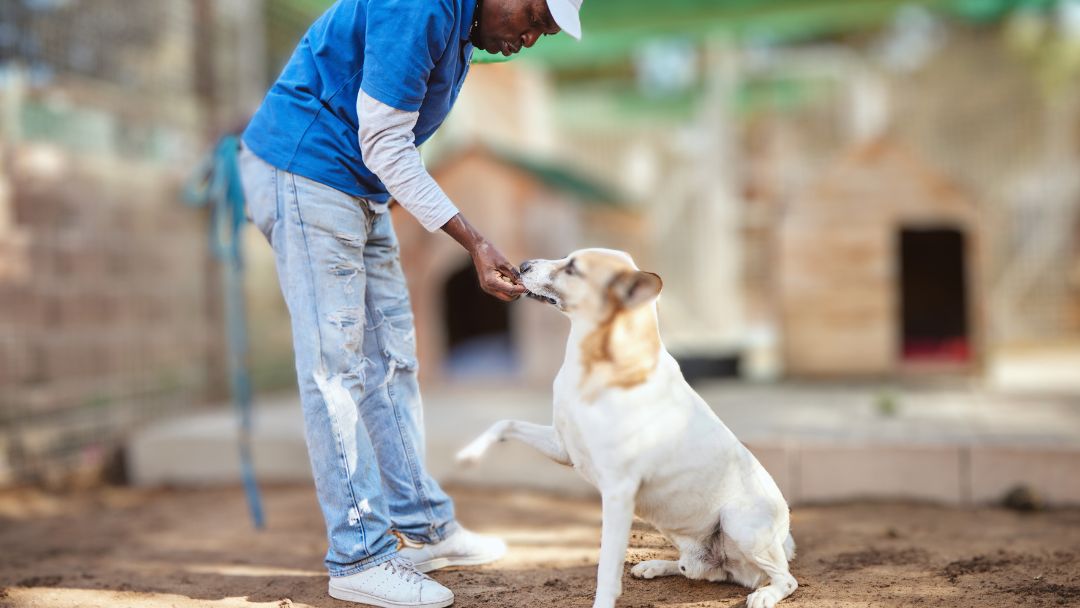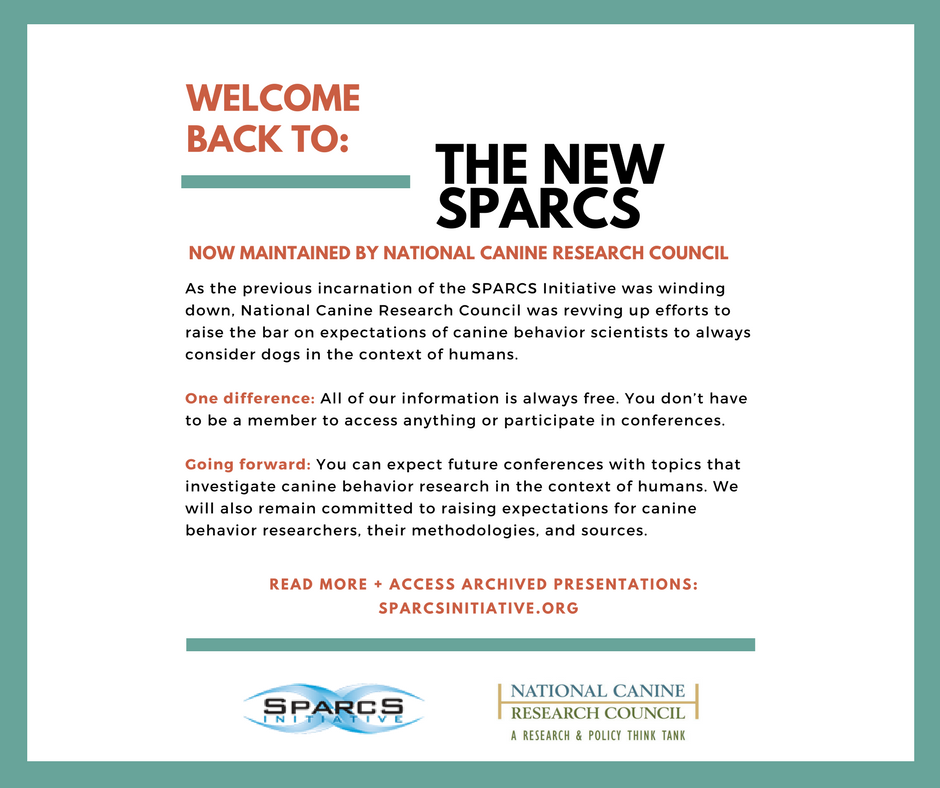Two Myths about Behavior Evaluations for Shelter Dogs

You might think behavior evaluations make placing shelter dogs safer. But, research shows that some of the most common beliefs about shelter dogs and evaluations are actually just myths. Myth #1 Dogs living in shelters are behaviorally different from dogs living with families There is a prevailing myth that shelter dogs are “damaged” or “have […]
Judgment Free Pet Rehoming Reunited a Senior Dog and His Person

There’s scientific research to back up why this works.
Behavioral incompatibilities, not behavior problems

“It’s not a problem for the dog; it’s a problem for the human,” is among the first mottos regarding so-called dog “behavior problems” I learned as a novice dog trainer. The famed behaviorist, Dr. Ian Dunbar, would often begin a lecture on behavior modification with some version of this pronouncement. But even though he acknowledged the […]
Unvalidated, unreliable, and unnecessary: Evidence for the case against formal behavior evaluations for shelter dogs

A 2019 article demonstrates that no canine behavior evaluation used for shelter dogs meets accepted scientific criteria that would justify routine use in shelters.
Welcome Back to SPARCS + 2018 Conference

The SPARCS Initiative is now maintained by National Canine Research Council.
There’s No Place Like Home

A stay in a foster home before adoption and even adoptions that end in the return of a dog to the shelter enhance the chances of rehoming for dogs who find themselves between owners.
What type of dog is that? Can you tell just by looking?

Take a look at the growing body of evidence on visual breed identification, and commit to shifting the paradigm of how we identify and discuss dogs in our daily lives.
Is it practical or possible to give a dog a test that will predict how he is likely to behave in real life situations?

Is there a need for such a test, particularly regarding whether he is likely to get into harmful conflicts with people? This entry in our research library is our attempt to summarize what the best science to date has to say about these questions.
When you do the math, behavior evaluations flunk

Article authors demonstrate why when a shelter dog tests positive for dangerous behavior, it is much more likely that the test has failed the dog, rather than the dog having failed the test.
Incoherent definitions confound attempts to label dogs as “pit bulls”

Most animal shelters continue to assign breed descriptors to dogs whose origin they do not know[1], even though current university research has shown that breed identification based on visual inspection correlates poorly with DNA breed signature, and that observers will disagree with each other when examining the same dog. These difficulties are only compounded when […]

